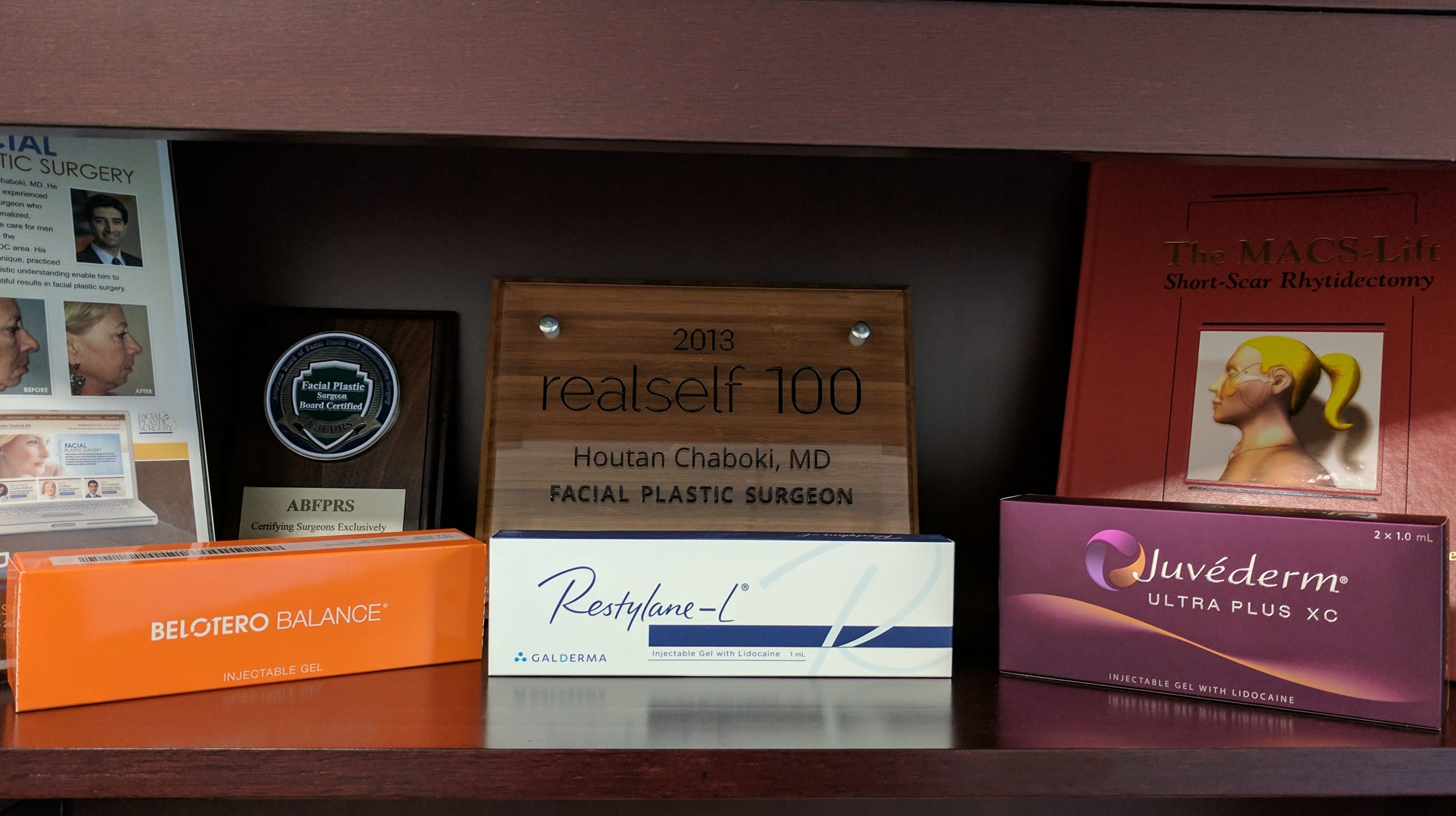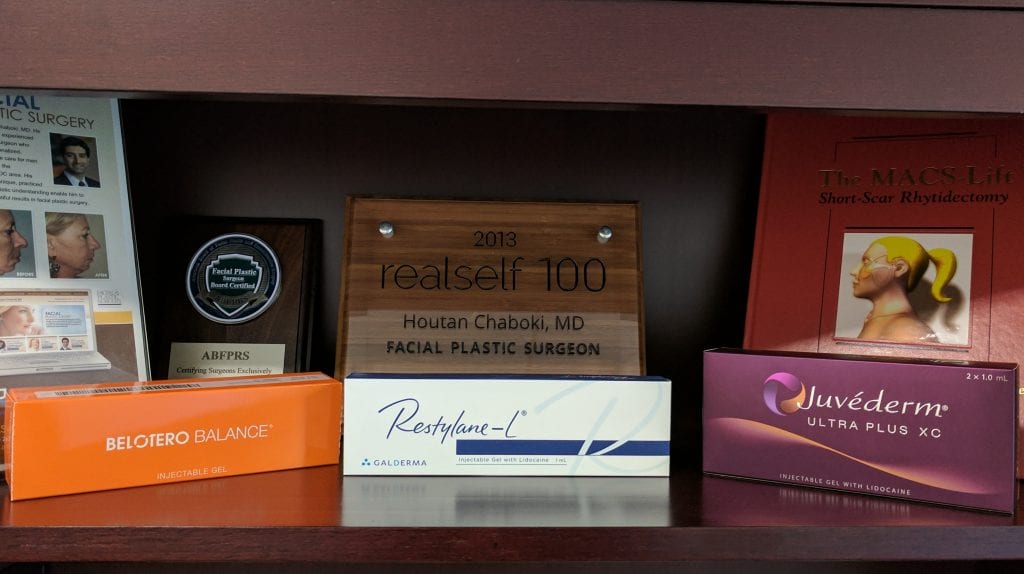
Liquid facelift is the most popular plastic surgery procedure to enhance areas such as the cheeks, eyes, and lips.
Most tax refunds go to savings. However, in a 2017 survey conducted by RealSelf of a plastic surgery online community, over a third of those consumers reported that they plan to spend at least part of their tax refund on themselves with non-surgical cosmetic treatments. Botox® and facial fillers (Juvederm® and Restylane®) are the most popular of these non-surgical or liquid facelift treatments. In addition, according to this survey, a larger percentage of respondents will spend their tax refunds on cosmetic treatments this year as compared to last year.
Some patients enjoy spending tax refunds on themselves. – Houtan Chaboki, MD
In addition to this tax season bump, non-surgical treatments continue to increase in popularity. Washington DC plastic surgery patients like these liquid facelift treatments for a variety of reasons, such as helping prevent the appearance of aging before surgery or helping maintain aesthetic results after surgery. The minimal downtime with a quick return to work is a bonus too.
How much is a liquid lift?
If you plan an office treatment, best to know prices ahead of time to stretch your tax return. The average tax refund is approximately $3000 for east coast states, including Washington DC, Maryland, and Virginia. The cost of a liquid lift will vary based on multiple factors, but the following are approximate estimations.
- Botox® $400 to $1000
- Dysport® $400 to $1000
- Juvederm® $700 to $1500
- Restylane® $700 to $1500
- Belotero® $700 to $1500
Can tax refunds be applied toward plastic surgery?
Yes, but typical tax refunds won’t be able to cover the entire cost of surgery. Some patients use the tax refund as the impetus to undergo the surgery that was planned for months, such as eyelid surgery or neck lift surgery. However, the decision for plastic surgery itself is mutually determined by plastic surgeon and patient. Patients should still consult with plastic surgeons to determine if surgery is appropriate, regardless of how surgery might be financed.
Lastly, one can’t deduct expenses related to cosmetic surgery in their tax return. Reconstructive plastic surgery (ex. trauma or cancer) is a different issue, so speak with your accountant.
While April has traditionally been very busy for accountants, dermatologists and plastic surgeons have a busy spring season too. Have you considered facial plastic surgery? Share your thoughts below.


Leave a Reply